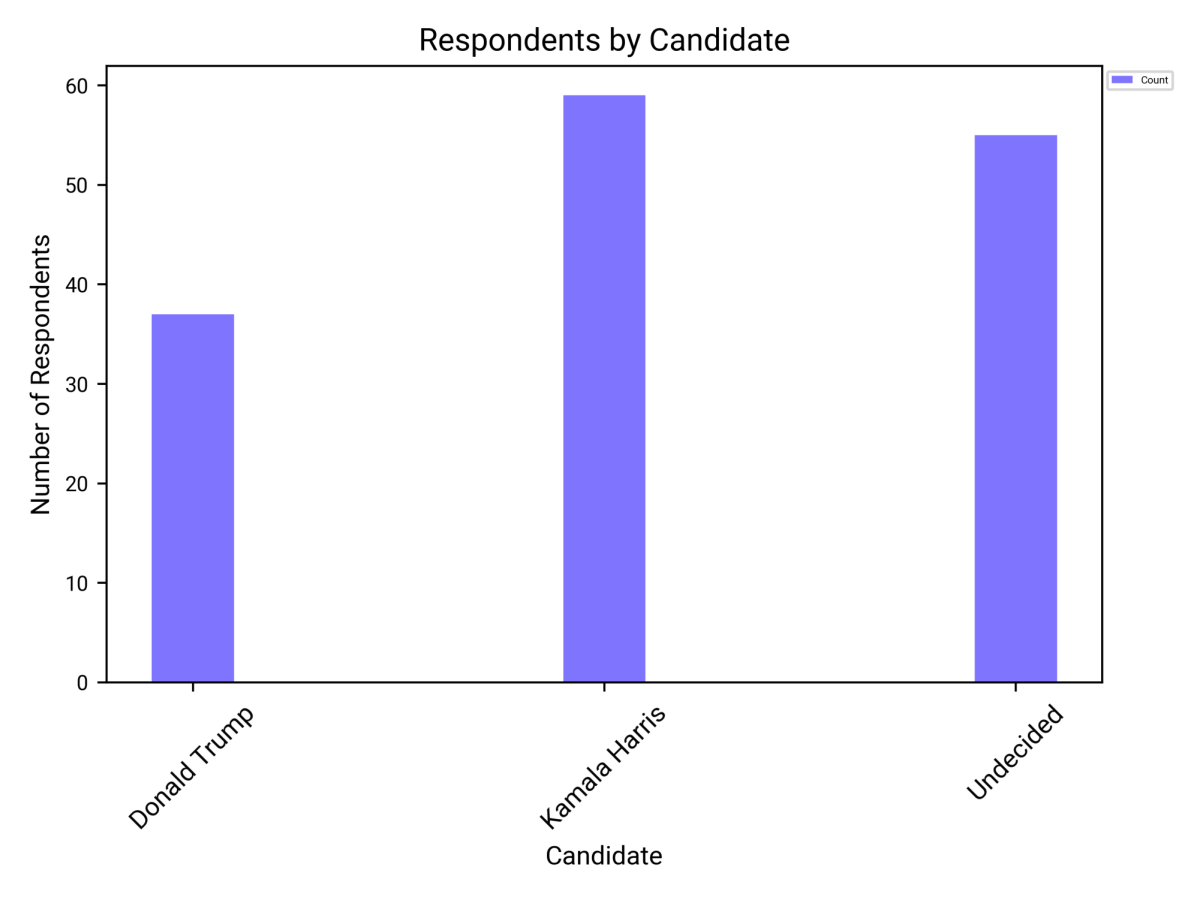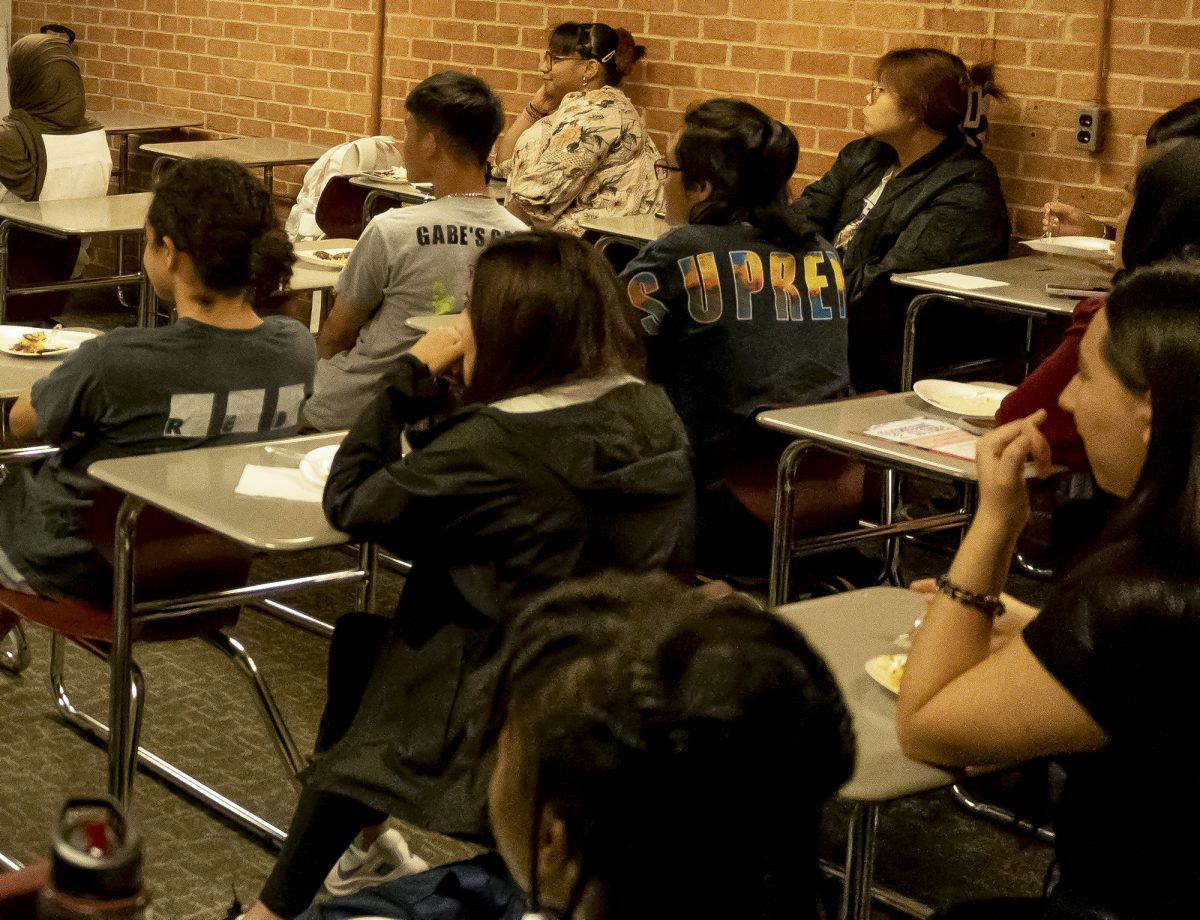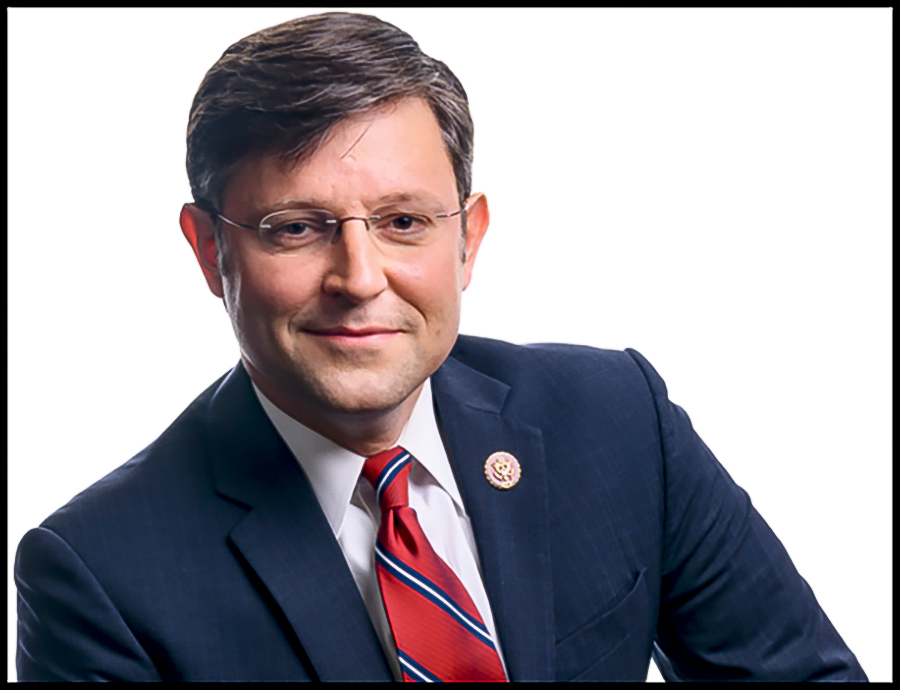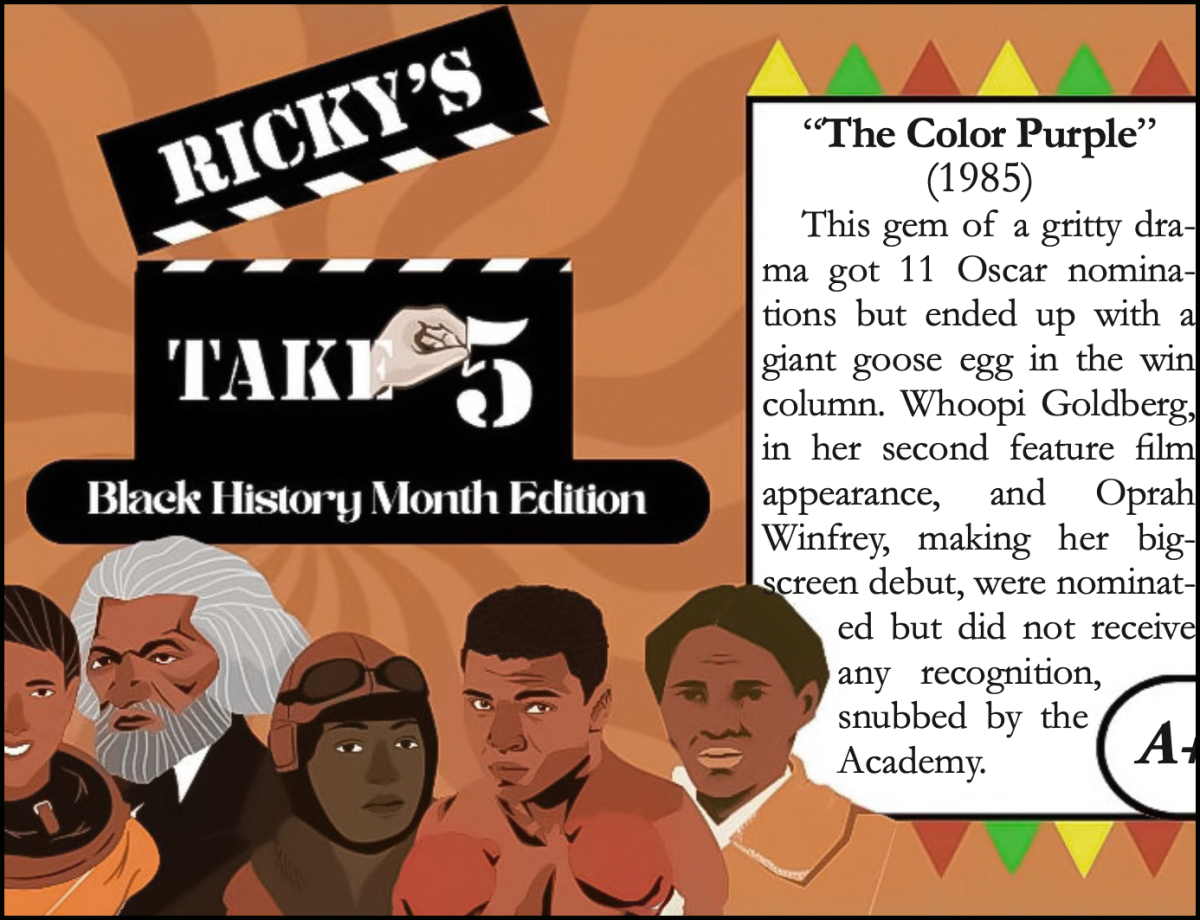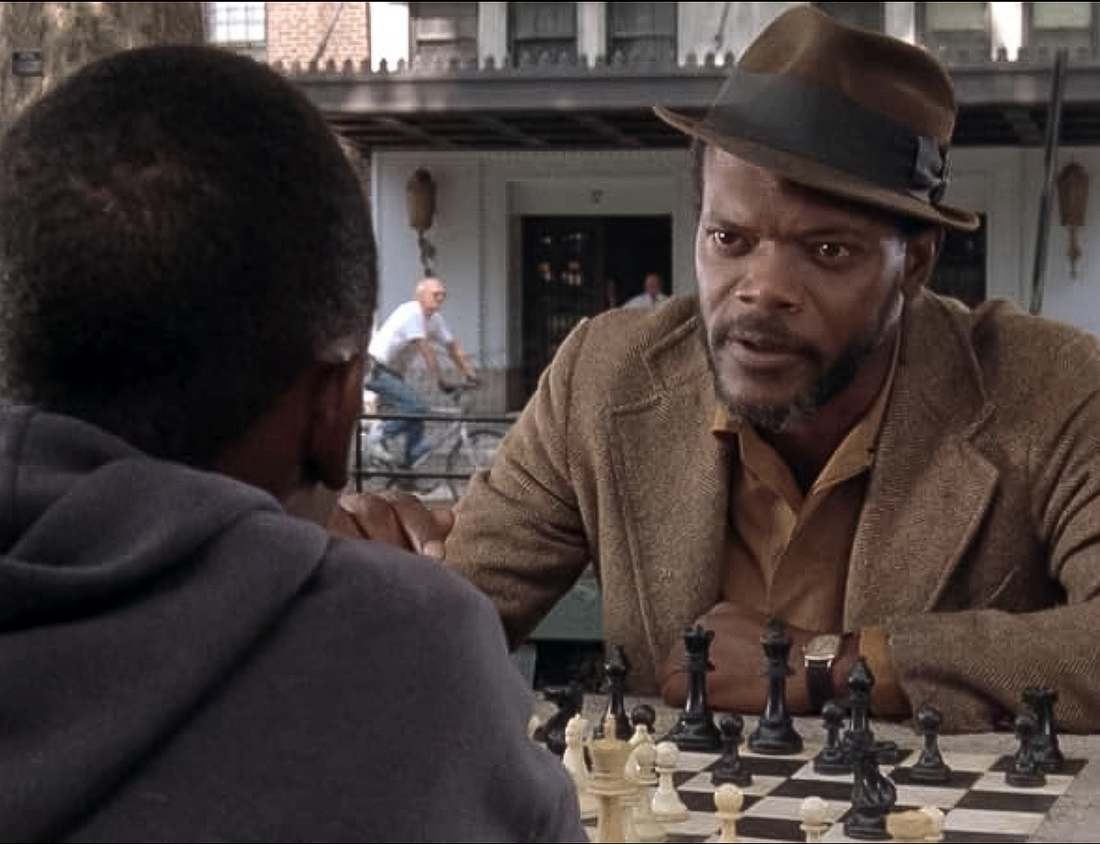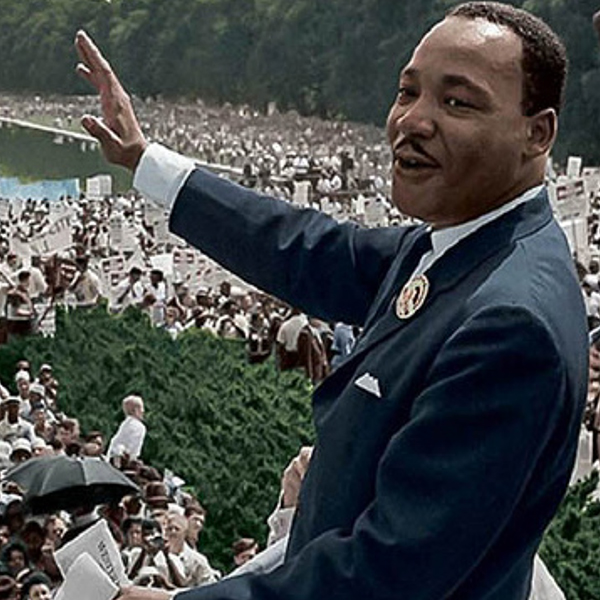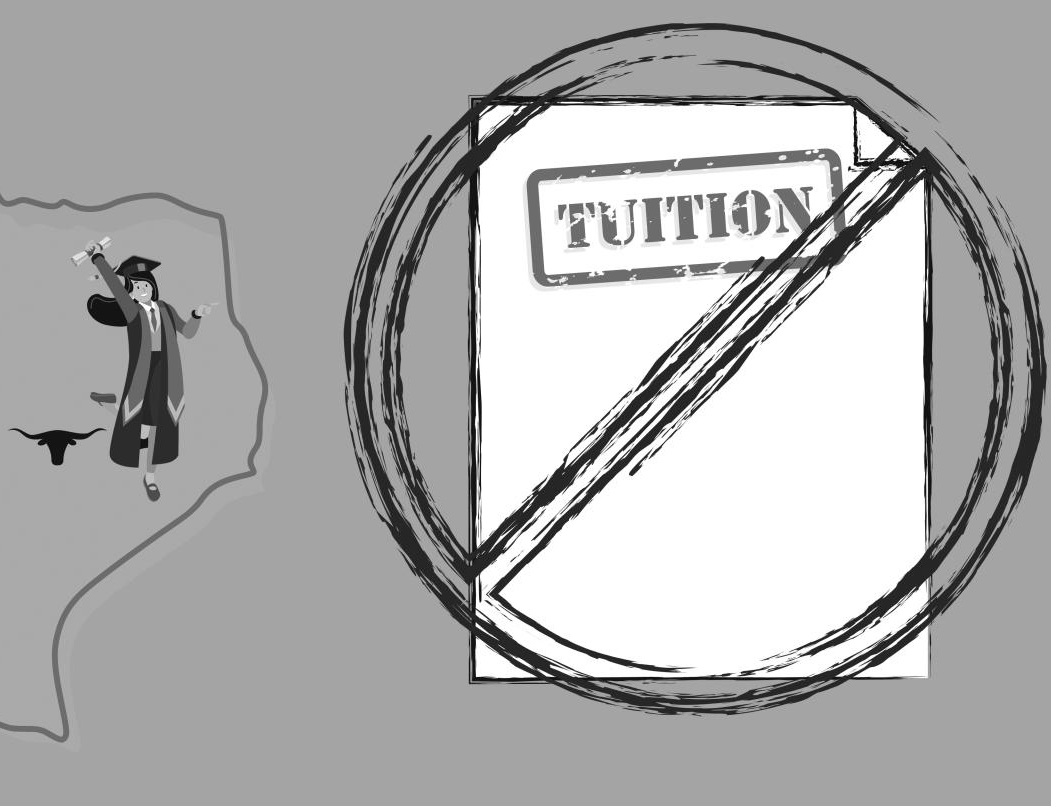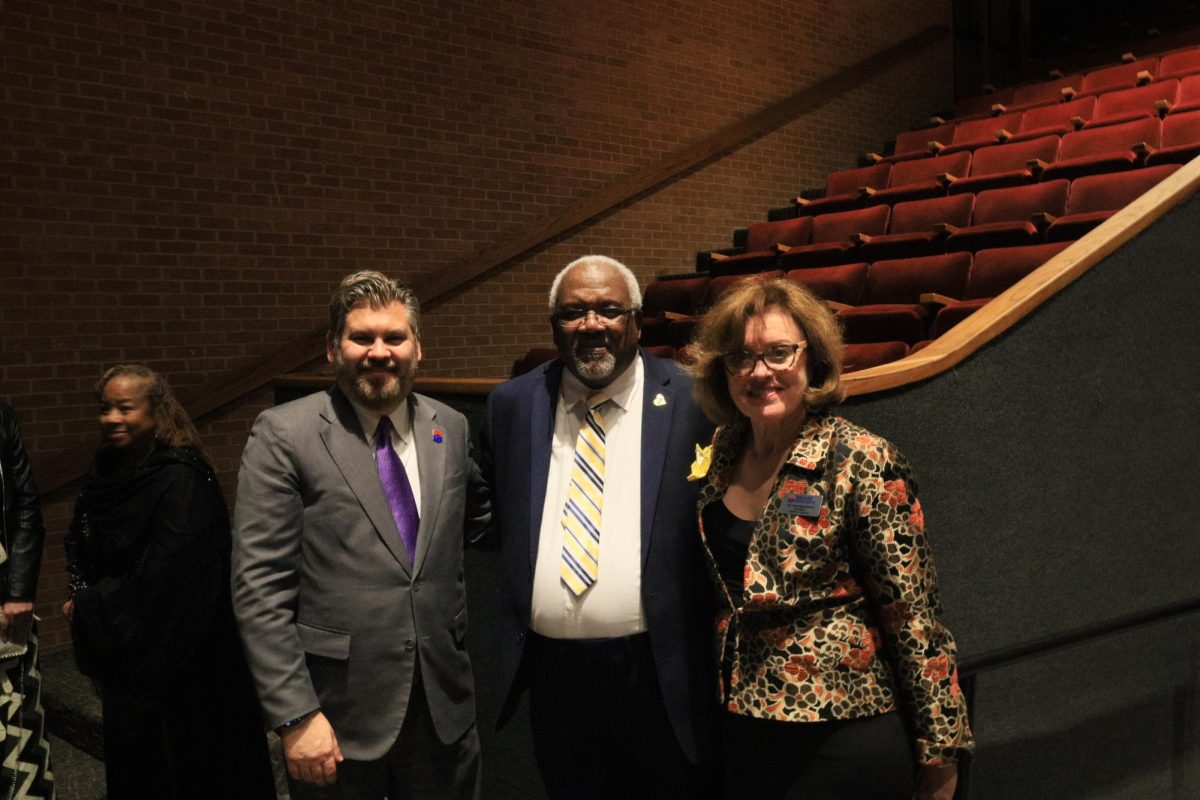Staff Writer Josh Abraham
Conversation starters for discussions about African-American cultural identity were the theme of the “Celebrating Blackness” event Feb. 9, part of college-wide events celebrating Black History Month.
The presentation in El Paso Hall covered a variety of areas including vernacular language, family and community engagement and the viability of Black literature, music and art.
Ricardo Williams, a coordinator for the Multicultural Center, said that Black History Month served to honor “the pioneers of the past.” He said the center works synergistically with students’ different cultures in order that those cultures might each be celebrated.
According to NPR, The history of the celebration has its roots in what was “Negro History Week,” a commemoration championed by African American historian, Carter G. Woodson in 1926.
Woodson was the second African American to earn a doctorate from Harvard University after civil rights advocate W.E.B. Dubois. His initial vision was that the celebration would be noted in the field of public education.
By 1976, President Gerald Ford recognized Black History Month during the nation’s bicentennial.
Woodson chose the second week in February because it coincided with the birthdays of President Abraham Lincoln and abolitionist Frederick Douglass.
“Representation matters,” Williams said, adding that it was important people see those who look like them aspire for high goals such as to be an astronaut or president. He said the month served a key goal of the center because “it was important to promote the successes” of African Americans in different fields.
He said motivation to achieve would be very limited without a sense of those of one’s group that had gone before. If only culture is depicted as successful in American life, people outside that celebrated culture can feel very limited, he said.
Perception played a motivating role in aspiration he said. Seeing “people of similar upbringing” succeed could create motivation, he said.
Edward Sesay, a political science major and parliamentarian with the Student Government Association, said “If you think about Martin Luther King, Malcolm X, Barack Obama, and all those current and former leaders, Black History Month is a month that will recognize the courage and attributes of those black leaders.”
Sesay said that representation in the public domain matters, as often Black Americans are still stereotyped as “low-level.” The election of Barack Obama was particularly important for young Blacks aspiring to greater things as the election was “an historical moment” and “eye- opening,” he said.
Sesay said the revelation was that “this leader represents me.” “Obama came from a poor family, but he worked his way up,” he said. Sesay said Obama provided a model of success that inspired young people struggling to lift themselves up. “If he can do it, I can do it,” he said. The key was to “have that confidence” he said. Sesay said one of his goals was representing not just the black community but all minorities.
Sesay added that even after the success of a Black president, “We still have a long way to go,” he said. He said the Black Lives Matter movement and the battle over voting rights, which he called “fundamental,” were evidence that there is “racism that we are still fighting.”
“We have improved but we have a long way to go,” he said, also noting that things were not like in the 1950s or 1960s in the South.
Victor London, a student who is considering a degree in journalism and works in the field of photography, said Black History Month had a significance “fundamental to not just education for Black people but history that is fundamental to everyone”, adding that the commemoration was needed “because Black history has been for the most part untold.”
“There’s this effort to try to correct the historical record,” he said. And added the stories of indigenous people and people of color throughout the world need to be told.
The failure to represent Black people in history “has to do with the level of disrespect” involved, he said.
“It’s hard to respect what you don’t know,” he said. Awareness of the sacrifices made by Black people throughout history will stimulate respect, he said.
London said Woodson saw the need for commemoration because of the “negative stereotypes that existed at that time” that characterized African Americans as an “inferior race” and “some kind of subhuman species of people.”
“It was because of these stereotypes that we have the dehumanization of an entire people,” he said. “Before Black people could be mistreated, they had to be shown as not deserving of fair treatment.”
“We were deprived of human rights before we were deprived of civil rights,” he said. Blacks wanted “just the right” to be them- selves, he said.
He asked, “How can we know ourselves if we don’t know our history?” According to London, media has played a critical role in shaping the stereotypes that have to be disman- tled today. He said, “Even in this climate of critical race theory.”
He said education was the central issue and that educators have failed in teaching not only Black history but history in general. Black History Month has importance because “there are countless black men and women whose stories” have never been told, he said.
To see more information about events and activities about Black History Month hosted by Dallas College, both online and on-campus , visit: www.dallascollege.edu/events/black-history/pages/default.aspx


